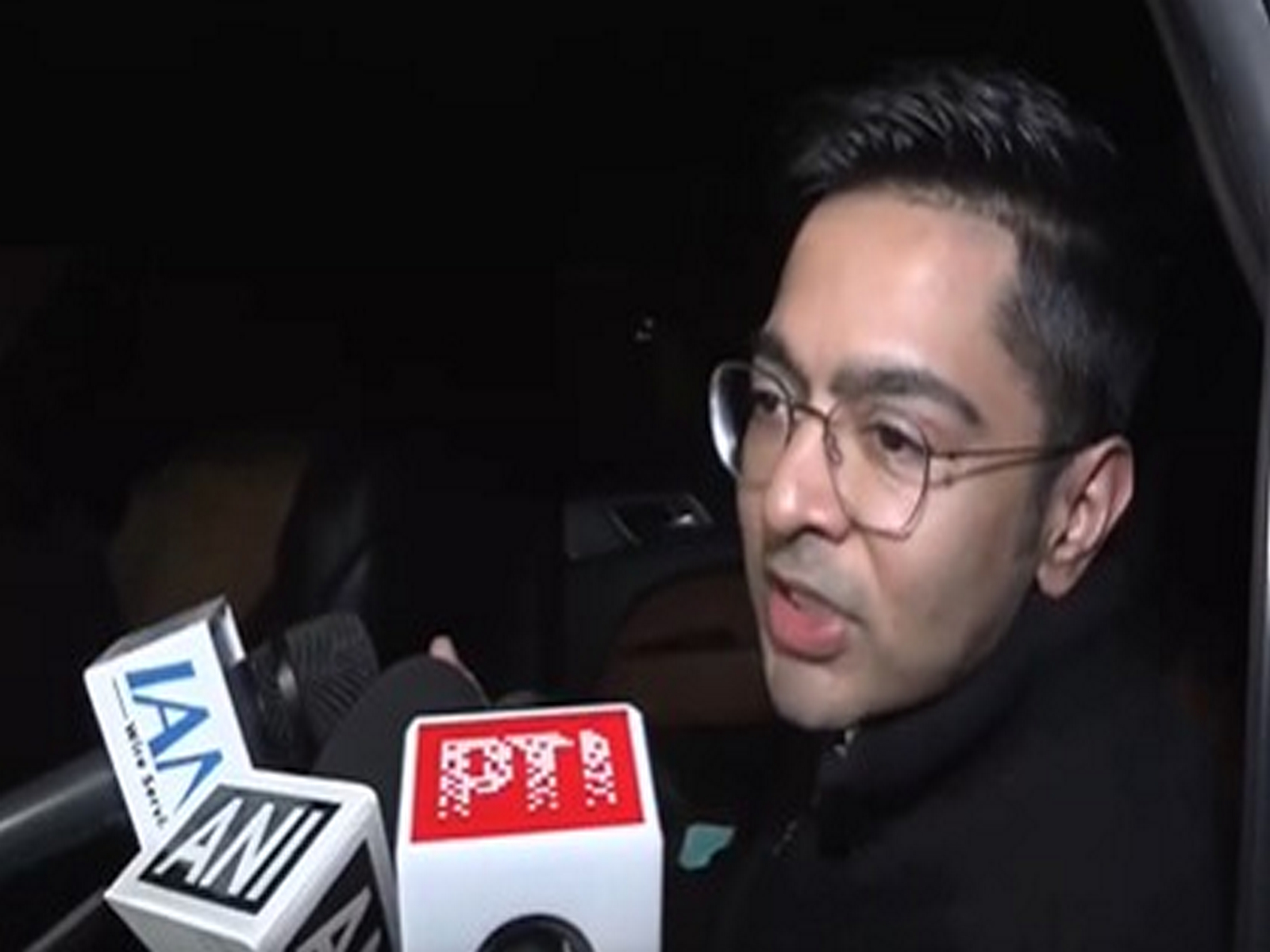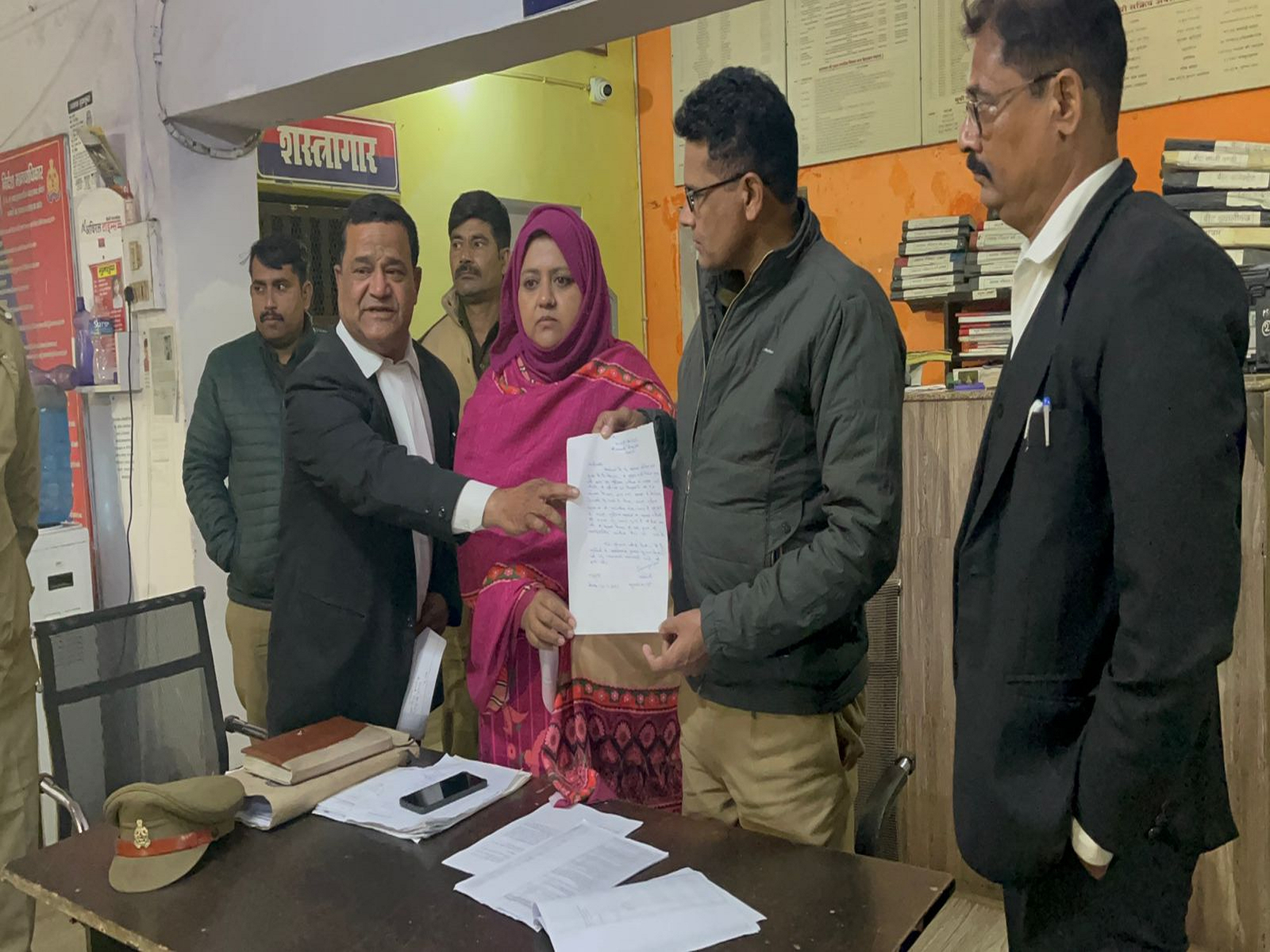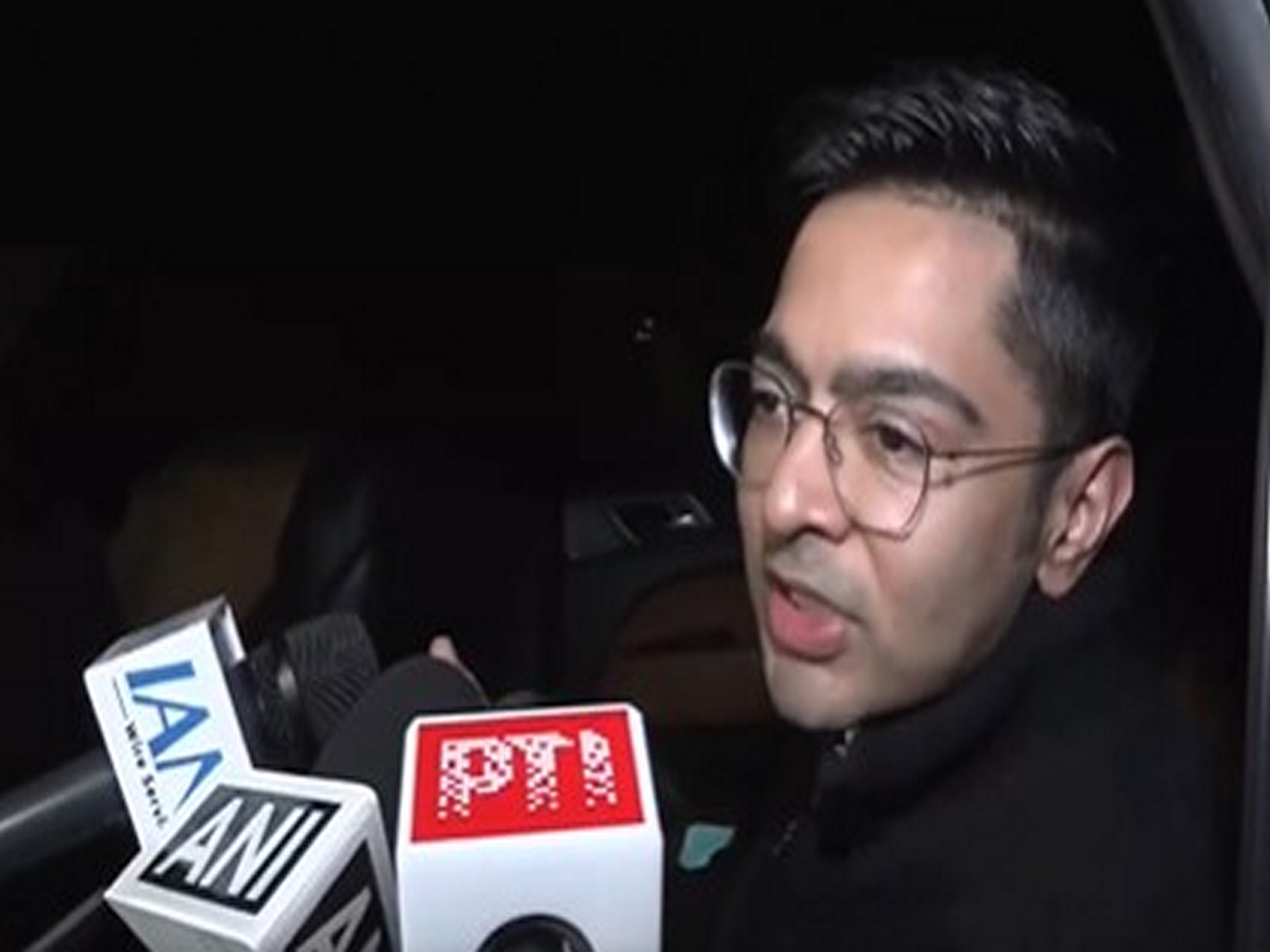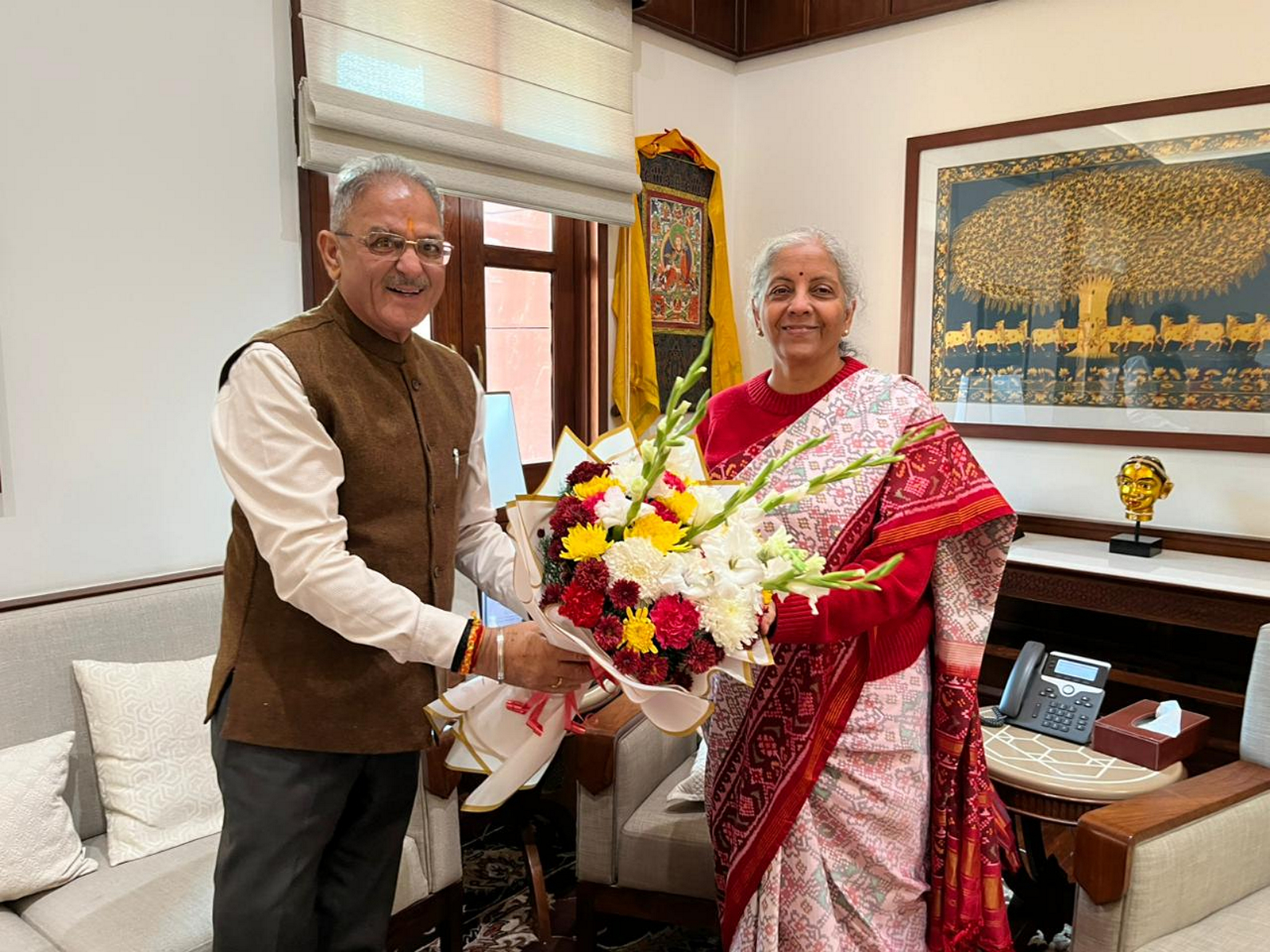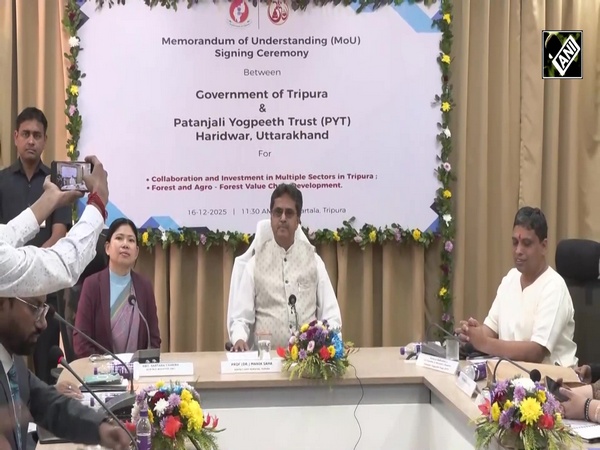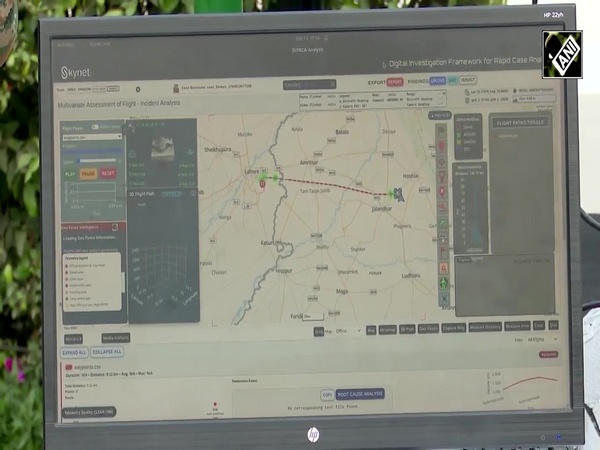Nearly 400 railway stations serving tea in Kulhad to make India plastic-free
Nov 29, 2020

Alwar (Rajasthan) [India], November 29 : Union Railway Minister Piyush Goyal on Sunday said that nearly 400 railway stations serving tea in 'Kulhads' and added efforts are ongoing to implement the same across the country as Railways' contribution in making India plastic-free.
"There are nearly 400 railway stations serving tea in Kulhad (earthen cups). We are making efforts to implement the same across the country as part of the Indian Railways contribution in making India plastic-free. It'll also generate employment," Goyal said after inaugurating the newly electrified Dhigawara-Bandikui section of North Western Railway here.
He said that no railway line in Rajasthan was electrified between 2009 and 2014 and added that 1,433 km railway track was electrified in the state between 2014 and 2020.
Goyal also flagged off the first train on this newly electrified route at the function organized at Dhigawara station at an event, which was also attended by several public representatives and senior railway officials.
Speaking on this occasion, Goyal said that under the leadership of Prime Minister, Indian Railways is moving forward in a phased manner with fast pace and quality and is making great achievements with everyone's cooperation, teamwork, and motivation.
While emphasizing railway works, he said that the electrification work was done on the Kota-Mumbai line in Rajasthan 35 years ago, after that no one paid attention to this area.
The Minister said that there has been a change in thinking over the years and there has been a change in the way we work. Today, after the electrification of this line, the route from Rewari to Ajmer has been electrified, and now the electrified trains from Delhi to Ajmer will start soon.
Earlier, Goyal has said that as much as 18,065 km of the railway line was electrified between 2014 and 2020 making a "quantum jump" of 371 per cent in its growth pace as compared to the six years before.
After running of these trains, the diesel trains will be stopped, which will eliminate pollution as well as the dependence on the fuel imported from outside and trains will be operated from the electricity, this will also save significant revenue.
According to the Railway Ministry, the average speed of trains will increase and there will be the development of industries, agro-based businesses, and progress of villagers and farmers.


